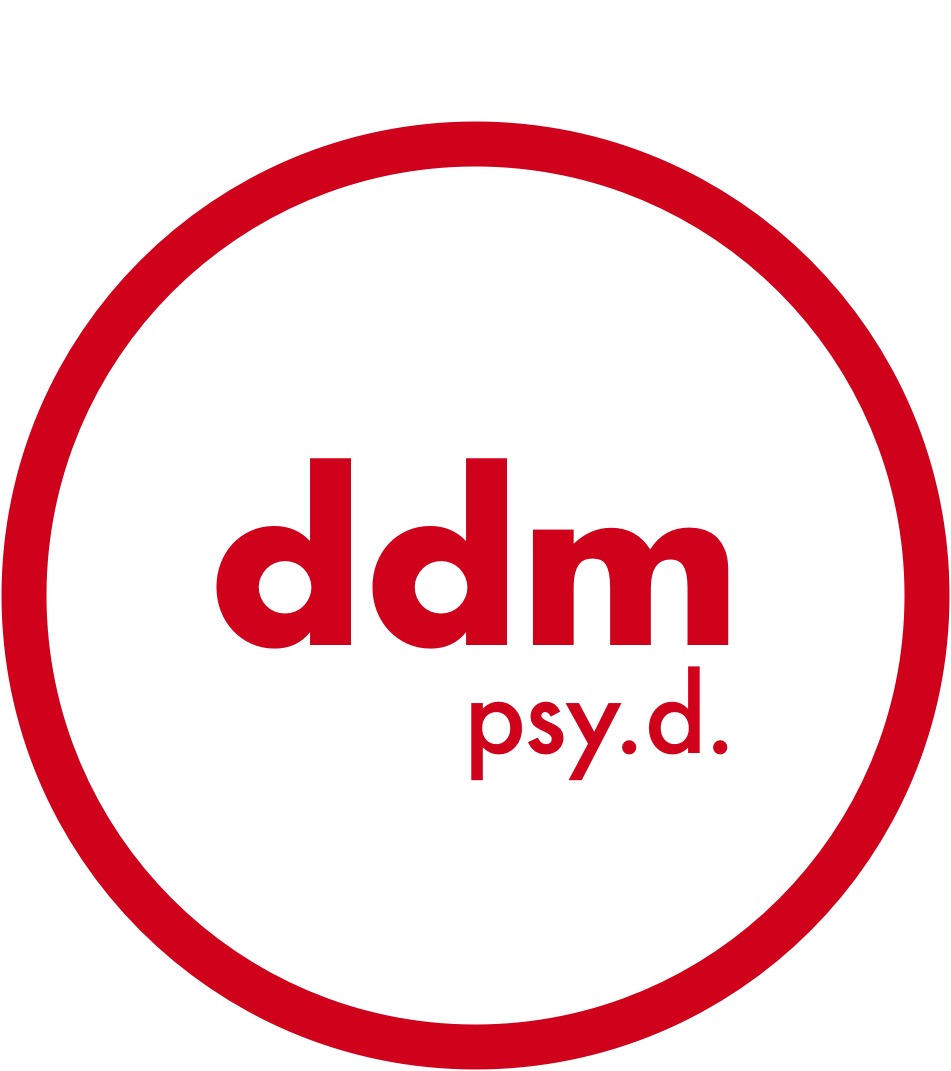i am inspired today by the action of high school students in iowa who, in response to reading about cyber bullying, created a twitter feed dedicated to affirming their classmates and teachers. “it’s real easy to find the nice things in people instead of the bad things,” stated 17 year old jeremiah anthony who initiated the “@westhighbros” twitter group when interviewed by the national press.
i first came across this news story on a day when people had gone out of their way to tell me how much i suck. a neighbor honked angrily as he drove by my house that morning, irritated by the excessive number of cars belonging to college aged visitors at our house. the person i parked next to at target felt that i hadn’t left enough space between my car and theirs and left an empty envelope with “NICE PARKING” scribbled in sharpie under my windshield wiper. an acquaintance was eager to report how hurt and angry i’d made her friend with something i had said in a blog entry. my server at lunch actually rolled her eyes and yanked the menu away from me when i asked for my salad to be served sans meat. and, to top the day off, a professional contact accused me of things i had never done based on a conversation with an unreliable source. it had not been a banner day for people finding the good in me. many hadn’t, and they’d expended energy making sure i knew this.
this has me wondering, in a world where we expend energy hyper communicating, how and what messages are we sending? our communiques are so often impulsive, removed from human contact, and initiated with no follow through or consequence. we have great power to help or hurt those with whom we interact and we have the bandwidth to interact with more people than ever. we can publicize praise or criticism to huge audiences at the push of a button. are we aware, however, of the awesomeness and complexity of this new relational landscape?
we’ve all seen how a photo or status update posted impulsively can end a career, impact relationships, and generally humiliate the subject. a review posted in anger can have a damning and far reaching effect on a business or product. in a time where we use written words more than ever our words also have a greater heft, farther reach, and deeper impact than ever...and yet, so frequently, we’re unaware of this.
the trouble is, the present and prevailing forms and venues of communication have sprung up and evolved without any guiding principles of what is healthy and appropriate. we’ve simply let the medium shape the message and have tried to keep up. we feel as though we must “keep up with the times,” requiring us to demand of ourselves thicker skins, more “likes,” and the consumption of as many reviews as we can possibly take in. so much for requiring “effective” communication. so much for measured, sometimes slow and laborious, risk-taking person-to-person communing. so much for discerning the integrity and intent of the message and its sender.
instead we rely on push button intimacy built on full disclosure/exposure at the viewing of a profile. we no longer share a little, get some feedback, discern the trustworthiness of the other, and determine whether to share more. we throw praise and criticism out widely and loudly before considering a nuanced and more reasoned path of communication. we rarely take an opportunity to consider a source. benign comments turn to hurtful ones when the context of vocal inflection and non verbal cues aren’t available. misunderstandings are elevated to out in out fights when undertaken in the world of social media. tweets can yell and facebook posts can scream and silence can be the loudest and most painful form of communication in today’s social economy.
we live in a time where we have the opportunity to weigh-in on nearly everything. from product and entertainment reviews to contributing our two cents about someone’s face book photo or status, we can constantly feel as though our commentary is being solicited and will be useful. this gives us a sense of heady importance. the problem is that sometimes our desire to feel useful and important can outweigh our recollection of the common decencies and principles that effectively moderate healthy human relationships. principles like taking responsibility for our own emotions, speaking truthfully and with integrity, listening, making wise choices about who to trust, thinking critically, listening, taking responsibility, integrity, listening, taking responsibility, integrity, liste...you get the point.
and so i ask you, in what way(s) are you harnessing the power of the tool on your desk or in your pocket to be used toward the building up, informing, educating, and loving of people? the scope and reach of the tools at our fingertips provide us with communication “super powers” and it is up to us to make sure that we use those powers for good and not evil.
might you live a day as a “spreading good will wonder woman” or “super encouraging super man?” could you commit to a pause between your impulse to comment from a place of impulsivity, anger, or irritation and respond, instead, from a well considered calm? might you tweet about stories that educate, encourage, or build up rather than embarrass or tear down? might you emulate a 17 year old high school junior, who, even from the midst of high school snarkiness, is finding the good.
to check out the original news story go to:
